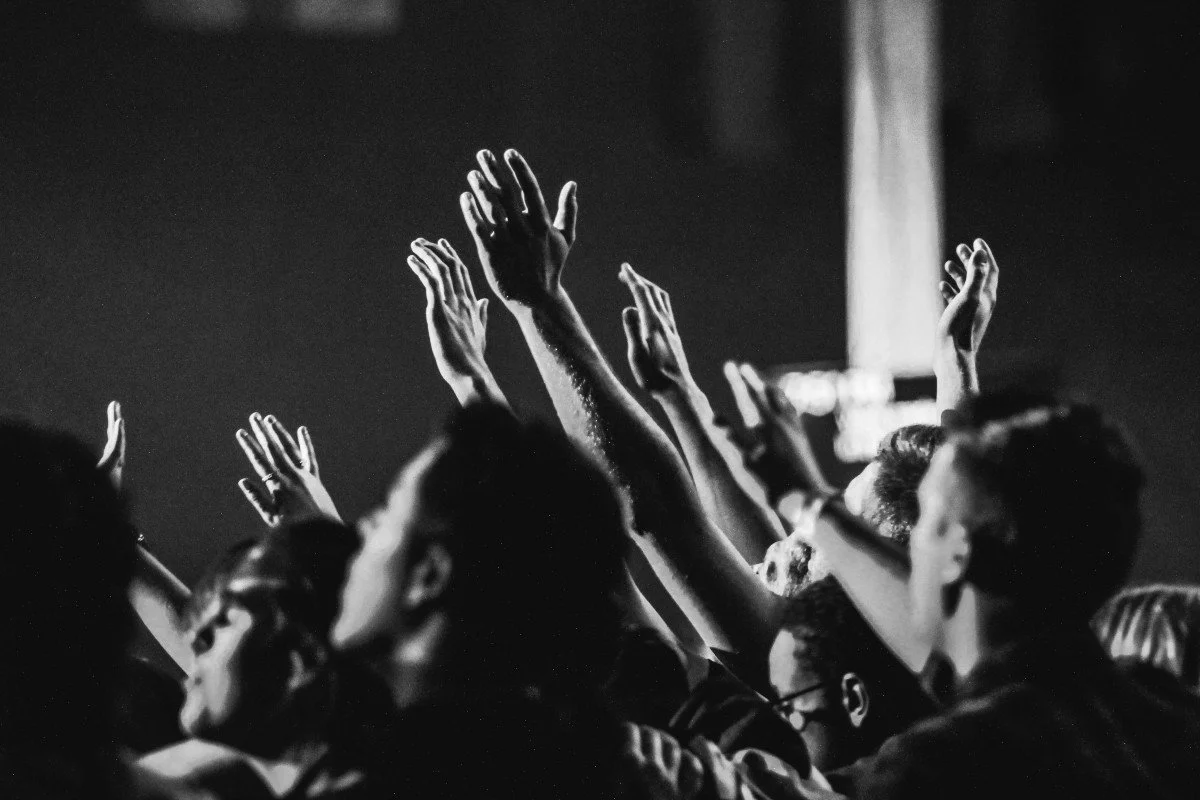Church Hopping, Shopping and Dropping
Researchers from the Hartford Institute for Religion Research have found that nearly half (46%) of surveyed churchgoers are regular participants in churches other than their primary church. This active engagement in other churches can involve attending in person, watching online or on TV, or taking part in both physical and virtual offerings.
Scott Thumma, principal investigator of the study, reported that engaging in other congregations did not prevent those churchgoers from giving and serving at their primary church. “Participating in multiple services regularly did not detract from one’s commitment to one’s home church,” he said, “rather it was as if these highly committed religious persons wanted/needed more spiritual sustenance than their one church provided and sought out this nourishment elsewhere while remaining as involved in their home church.”
So far, so good.
But that’s not the only “I attend multiple churches” kind of person. Let’s think about three other categories of multiple-church attenders who may not be so “highly committed,” and whose attendance patterns are less than ideal. In fact, rather than reflecting high levels of commitment, their attendance patterns reflect low levels of commitment. Let’s call them the church hopper, shopper and dropper.
The Church Hopper. The “church hopper” is the person who hops from church to church without ever making a commitment. They attend multiple churches but do not have a primary church. They attend churches based on who might be speaking, the topic of a particular series, or simply on the basis of that Sunday’s mood. They do not put down roots in any one church and, as a result, do not have a church home. Many times, a spiritual pride fuels this type of interaction with churches as they perceive themselves “above” any one church.
The Church Shopper. The “church shopper” may make a church their primary home, but only for a season—often a very short season. They are constantly in pursuit of the “next, next thing” in terms of which church might have the hot new worship leader, charismatic speaker, popular student ministry, large singles ministry or celebrated children’s program. They exhibit a type of migratory pattern as they make their way from church to church, often in fear of missing out. They go to where it seems to be “happening” until they hear of “it” happening somewhere else. It would be hard to call the church they currently call home anything akin to a true home church. It’s just the flavor of the month.
The Church Dropper. A final category of people who have, or do, attend multiple churches in a way that does not reflect high levels of commitment is the “church dropper.” This is the person who has dropped out of church after church, leaving a trail of bodies in their wake. Often fueled by a negative, critical spirit, this person is not looking for the “next, next thing” like the shopper, but instead a church that conforms to their likes and dislikes. It’s not long before the dislikes mount. Soon, their new church disappoints like the many before. Rather than work through disappointment or conflict, or release unrealistic expectations, or embrace the reality that no church is perfect, they simply drop it and move on. Again.
No pastor should be threatened by a “high commitment” person who has your church as their church home, is faithful to it, but then draws from other sources as well. In fact, they are to be applauded. They do not demand that their church meet their every need but instead have taken ownership of their spiritual life and development—all the while remaining loyal to their church home in terms of their giving and serving, praying and inviting.
But the hoppers, shoppers and droppers?
They need to become stoppers and find a church home.
James Emery White
Sources
Adelle M. Banks, “What Church Do You Attend? Maybe More Than One, Survey Finds,” Religion News Service, June 16, 2025, read online.
Yonat Shimron and Adelle M. Banks, “Church Membership May Be Declining, But Many Churchgoers Are Double-Dosing,” Religion News Service, August 6, 2025, read online.

